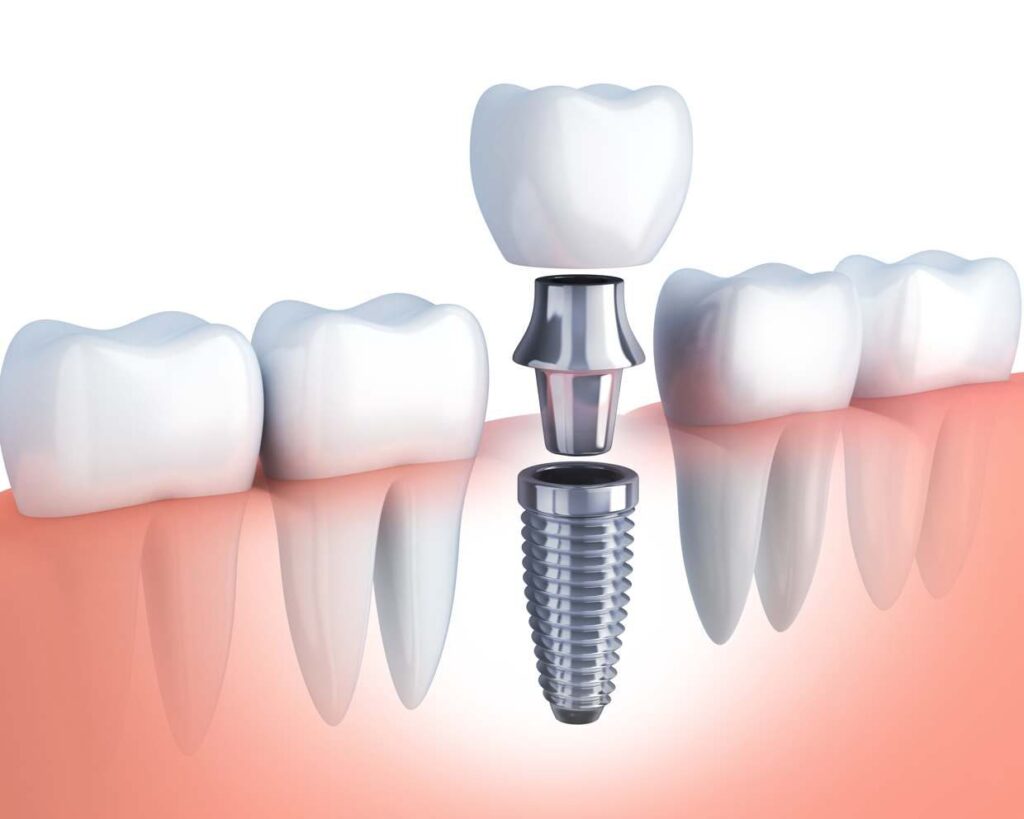Replacement teeth made possible by dental implants are an excellent option. They are long-lasting and won’t need replacing for a while, although failure is always a possibility. Infection of the bone or gums, improper oral hygiene, improper implantation, and smoking are the most common causes of dental implant failure. Fortunately, these issues can be avoided if precautions are taken. Visit Bethesda dentist to know more.
Implant Failure: Why It Happens
Infection is a leading reason for implant failure. Infection might be induced by preexisting oral bacteria or the insertion process itself. During surgery, bacteria might enter the wound and create an immediate infection.
- Poor dental hygiene is another significant reason implants fail. More plaque, tartar, and germs gather around the implant in people who don’t brush and floss consistently. Gingivitis and periodontal disease, both of which are brought on by plaque and tartar, are major contributors to implant failure. They can also cause peri-implant illnesses, which increase the risk of implant failure.
- Failure of an implant can also be caused by improper implantation. This may occur if the implant is not positioned properly or is not secure. The implant can loosen and finally fail if it moves around. Also, this can occur if the dental impression is inaccurate and creates gaps between the gum and the implant-supported repair.
- Finally, other common reasons for implant failure include smoking and heavy alcohol usage. Smoke contains toxic compounds that deteriorate gum and bone tissue around implants. However, smoking and alcohol consumption have been shown to slow the healing process and reduce the likelihood of osseointegration. The capacity of the implant to recover normally is diminished by smoking and alcohol use, which in turn increases the risk of subsequent problems.
Preventing Implant Failure: Advice
How to Find the Perfect Dentist
Finding a dentist who has worked with dental implants before is crucial. Before scheduling an appointment, it’s important to find out if the dentist specializes in implant surgery and how much experience they have. Dental implant specialists are specialists. Therefore, it’s a good idea to question them about their experience and training. Picking the right dentist can greatly reduce the possibility of implant failure due to poor placement.
After Surgery, Do as Told
Once you’ve located a top-notch implant dentist, it’s critical that you adhere strictly to their post-op care guidelines. In reality, patient adherence to postoperative guidelines accounts for a sizable portion of the success of implants. Those who do what their dentist tells them are far more likely to have their implants succeed than those who don’t.


